Basic Math understanding Worksheets for Ages 5-8
14 filtered results
-
From - To
Unlock your child's potential with our "Basic Math Understanding Worksheets for Ages 5-8." These specially designed printables cover foundational math concepts, from number sense and counting to simple addition and subtraction. Our engaging worksheets make learning fun, interactive, and effective. They'll help your child build confidence, improve problem-solving skills, and foster a love for math. Ideal for both classroom and at-home use, these worksheets provide a solid math foundation to prepare young learners for future academic success. Start their journey towards math mastery today with our expertly crafted resources. Discover, learn, and excel!
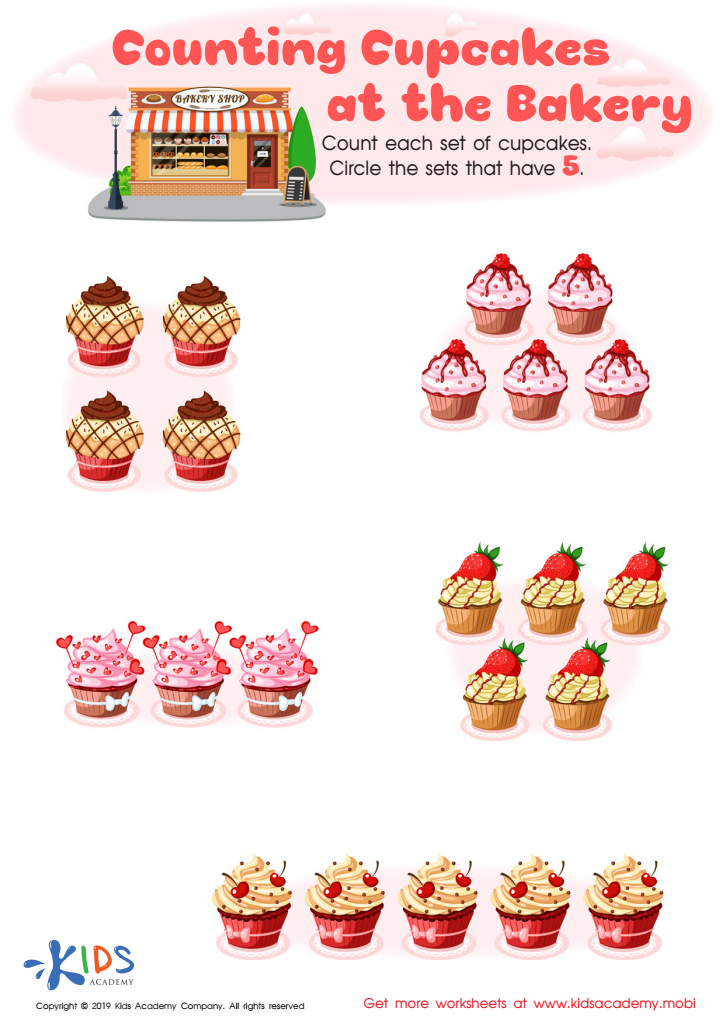

Counting Cupcakes Worksheet
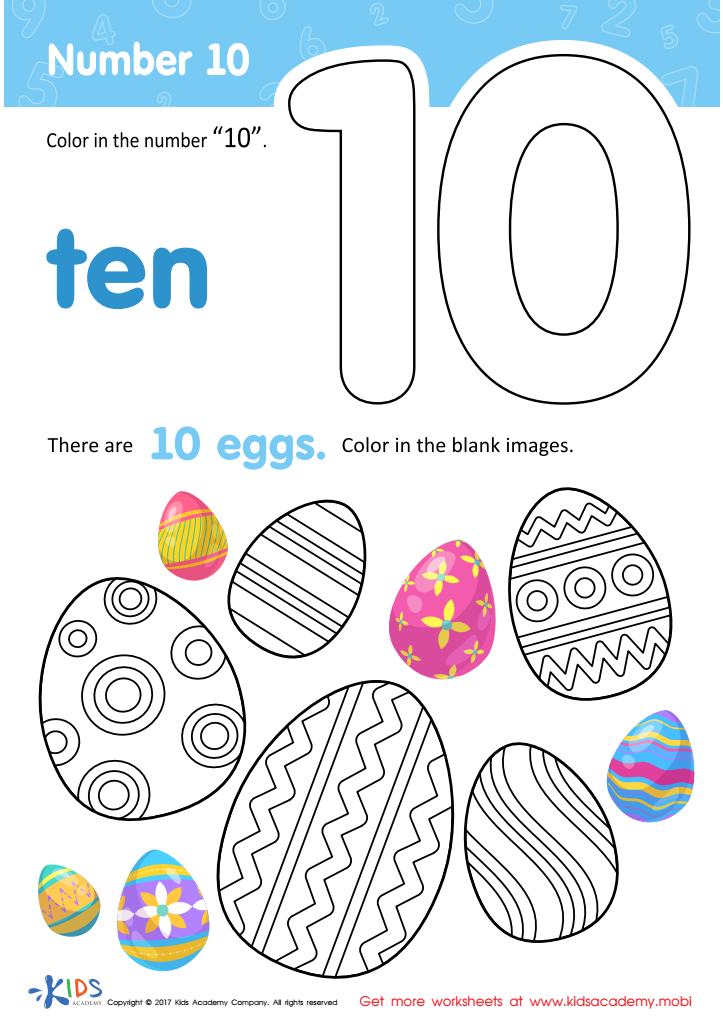

Number 10 Printable
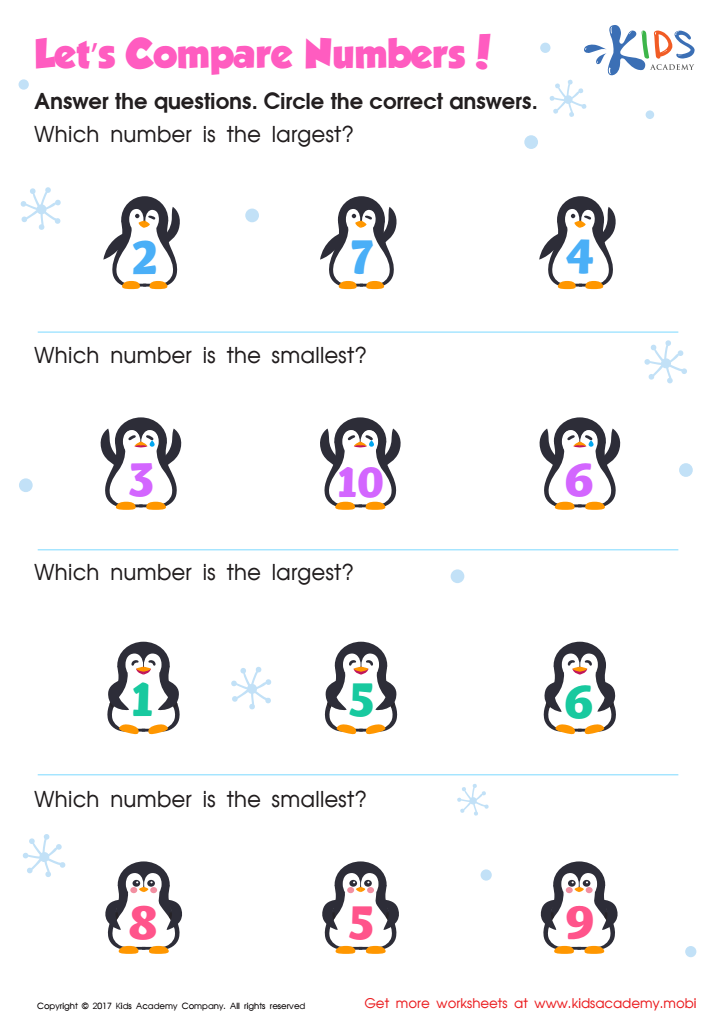

Comparing Numbers 1–10 Worksheet Kindergarten
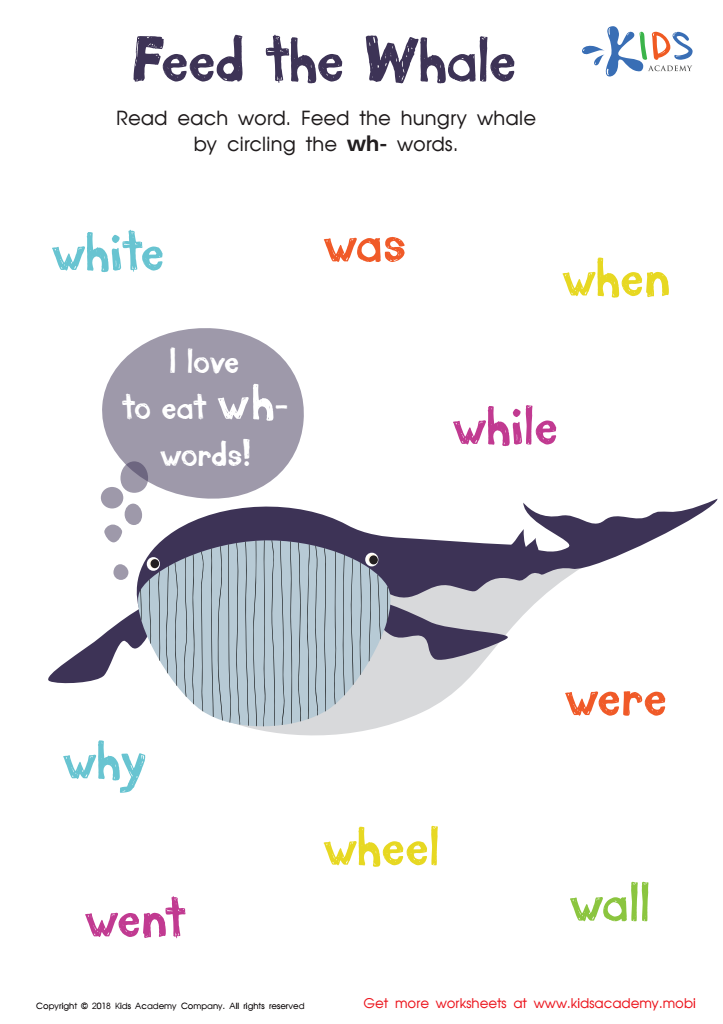

Feed the Whale Worksheet
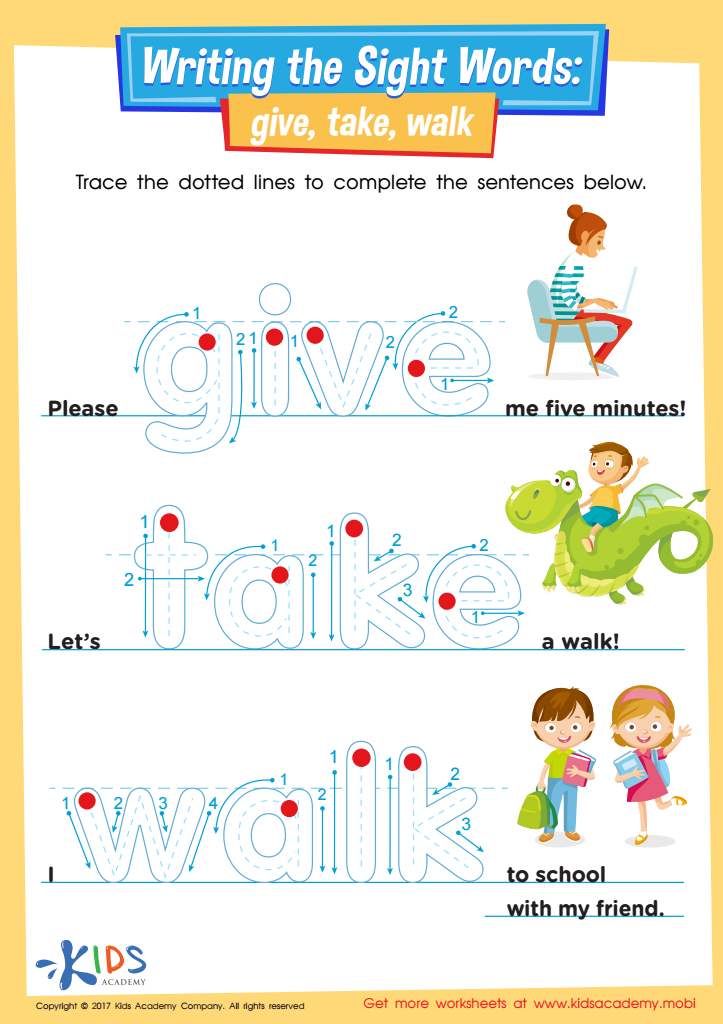

Give, Take, Walk Printable Sight Words Worksheet
Basic math understanding for ages 5-8 is crucial as it sets the foundation for future learning and everyday life skills. At this age, children develop essential skills like number recognition, counting, and basic operations (addition and subtraction). These foundational concepts are building blocks for more complex mathematical reasoning and problem-solving capabilities needed later in academic and professional settings.
Parents and teachers should care because early math skills are strong predictors of academic success in later years. A child with a solid understanding of basic math is more likely to perform well in subjects that require analytical thinking, such as science and engineering. Moreover, math fosters critical thinking, logic, and creativity, which are essential skills beyond academics.
Numeracy is also vital for everyday life. Young children who grasp fundamental math concepts can better understand time, money, measurements, and even patterns in daily activities, enhancing their ability to make informed decisions.
In addition, early positive experiences with math can build a child's confidence and reduce math anxiety, promoting a lifelong positive attitude towards the subject. Engaged parents and proactive teachers play vital roles in making math fun, relevant, and accessible, which, in turn, uplift children's overall educational experience and future prospects.

 Assign to My Students
Assign to My Students

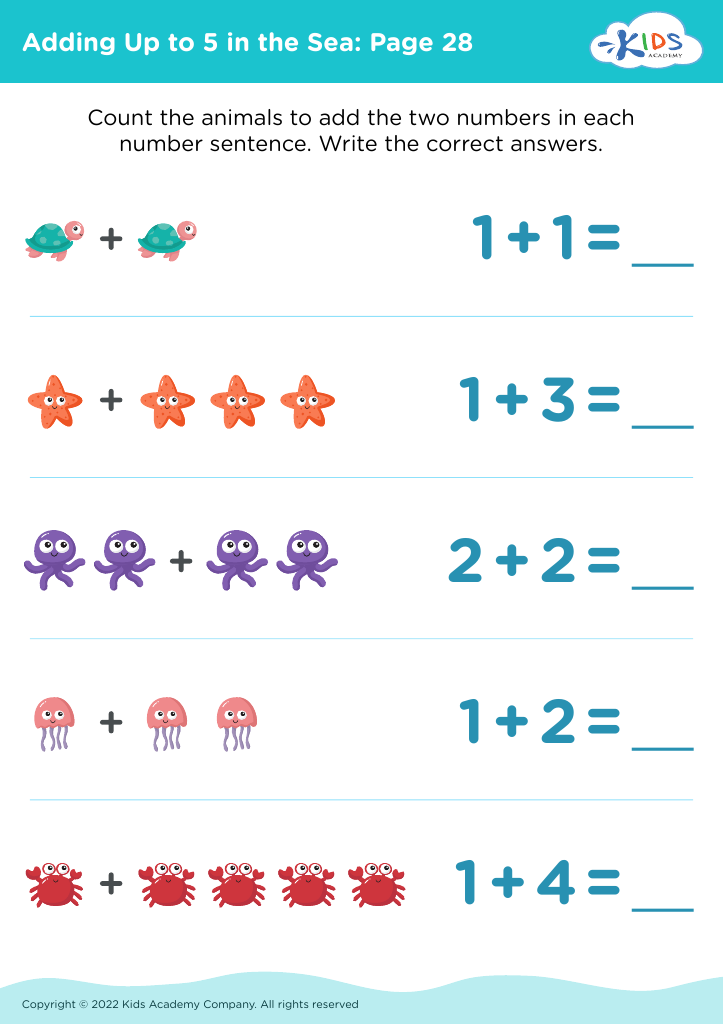
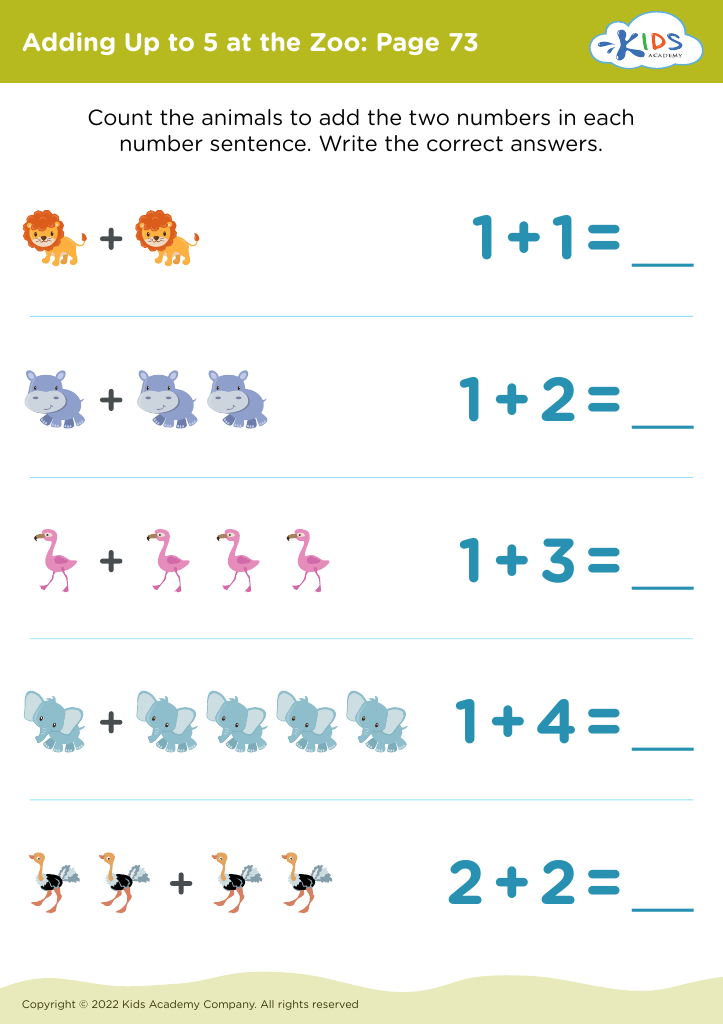

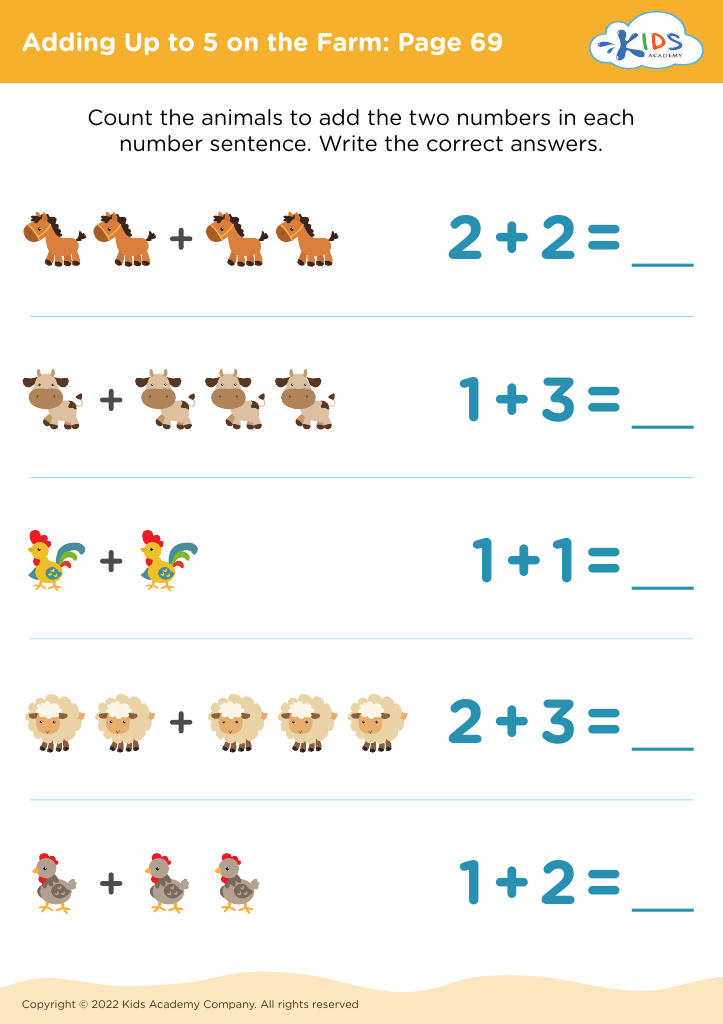

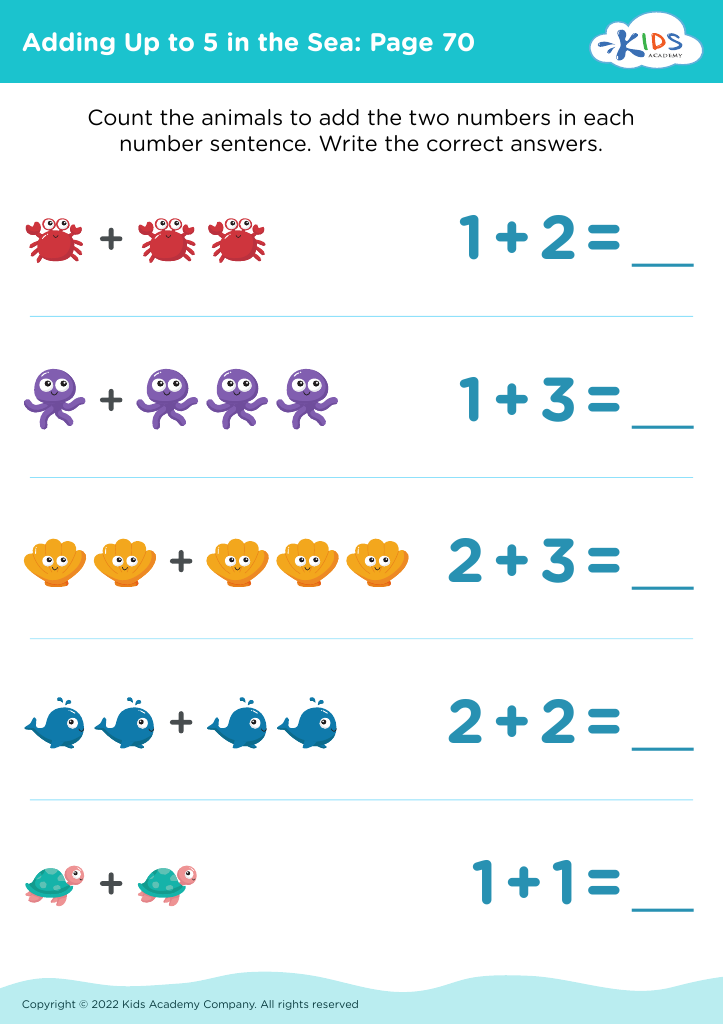
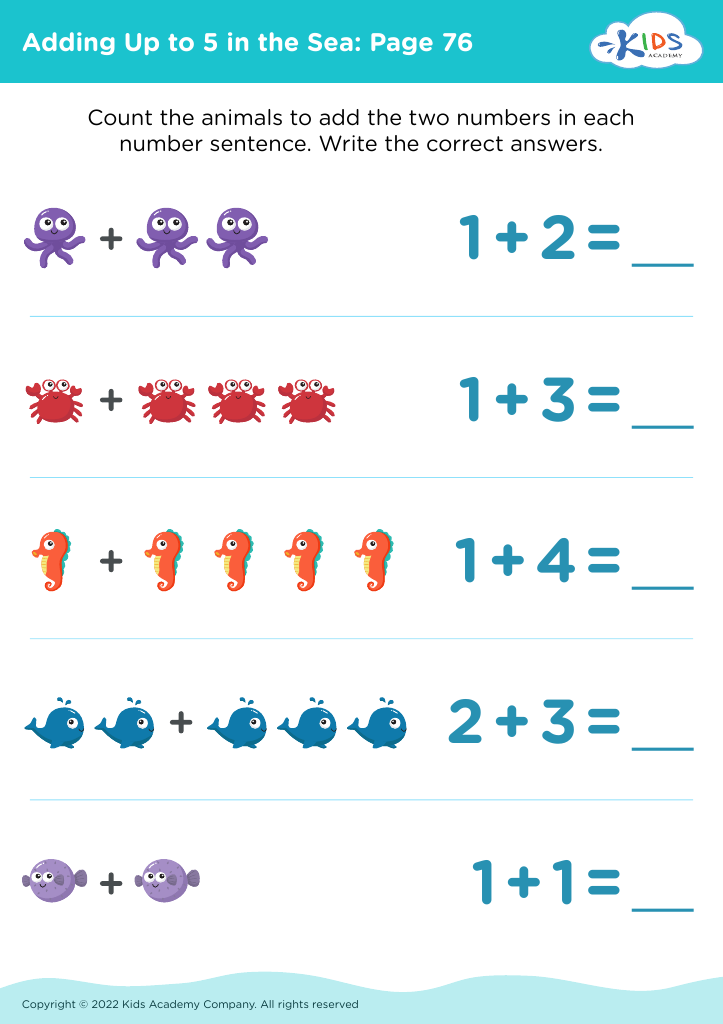
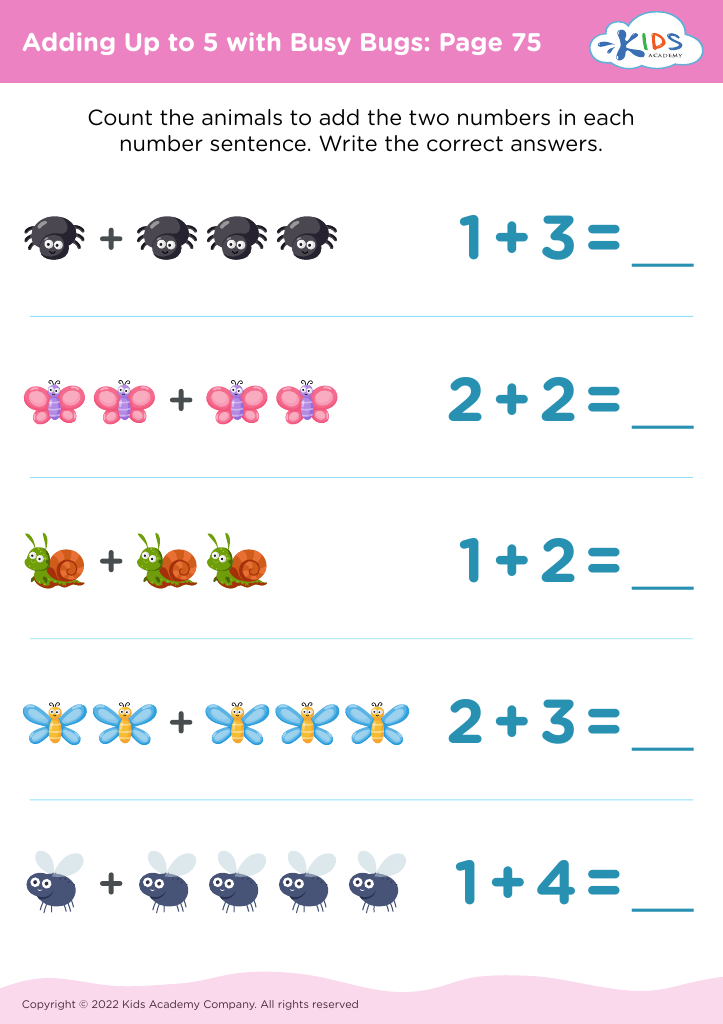

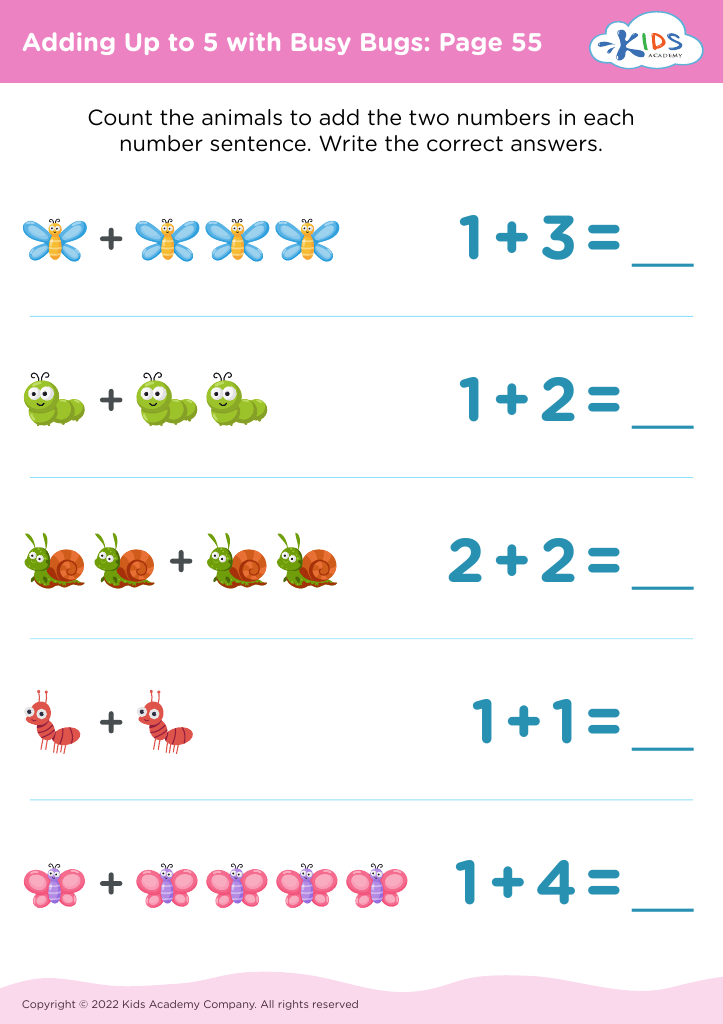








.jpg)










